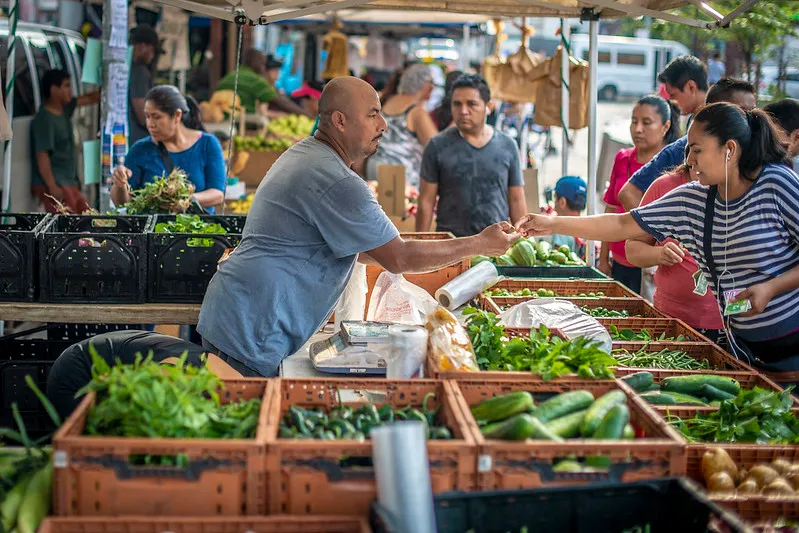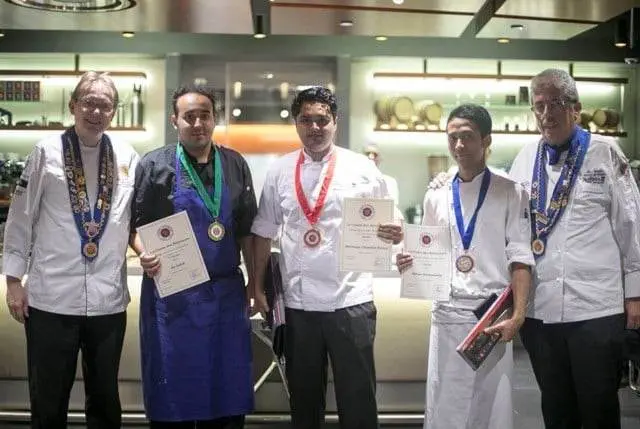10 Ways to Celebrate Sustainable Gastronomy Day: chefs as catalysts for change
On Sustainable Gastronomy Day, we celebrate the vital role chefs play in crafting a more sustainable food system. As culinary professionals, chefs possess a unique influence over consumers, driving cultural and behavioral shifts toward sustainable practices. Chefs are not merely creators of exquisite dishes; they are educators, innovators, and advocates for a healthier planet.
Chefs as Influencers and Educators
Chefs have the power to shape public opinion and influence food choices. By promoting locally sourced and seasonal ingredients, chefs can guide consumers towards more sustainable eating habits. The culinary arts can be a conduit for sustainability, fostering a deeper appreciation for traditional food practices that respect natural resources and cultural heritage.
Sustainable Gastronomy Day highlights how chefs, through their creativity and commitment, can address global challenges such as food waste, climate crisis, and the loss of biodiversity. By integrating sustainability into their menus, chefs can be agents of change.
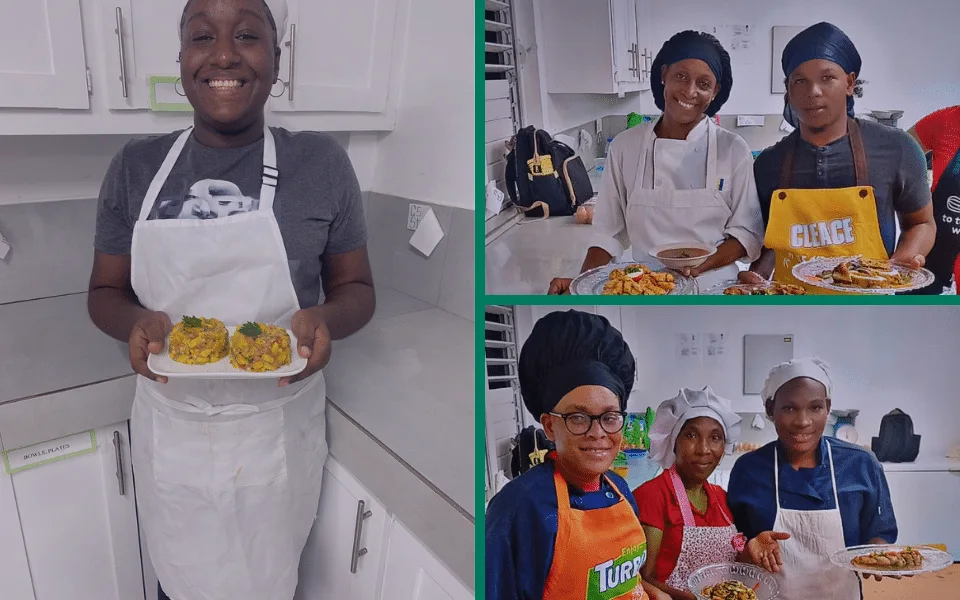
Taking Action: 10 practical steps for a more conscious kitchen
Culinary professionals are pivotal in championing sustainability in their kitchens and communities, connecting to a global movement towards a better future. Here are 10 practical steps chefs can take to promote sustainability, protect livelihoods, and foster a sustainable food system:
- Source Locally and Seasonally: Explore the journey from farm to fork, and prioritize ingredients from local small-scale farmers and suppliers to support regional economies. Engage with local producers to understand the harvesting schedules and plan menus around seasonal produce. This not only ensures the freshest ingredients but also promotes biodiversity and sustainable agriculture.
- Minimize Food Waste: Implement strategies to reduce food waste in kitchens, such as nose-to-tail cooking and repurposing leftovers. Educate kitchen staff on proper storage techniques to extend the shelf life of ingredients. Utilize food waste tracking tools to identify and address key areas where waste can be minimized.
- Educate and Inspire: Use your platform to educate staff and customers about the importance of sustainable practices. Share stories about the farmers and producers you work with and the benefits of sustainable sourcing. Create awareness through menu descriptions and signage that highlight your commitment to sustainability.
- Engage in Continuous Learning: Enroll in programs like Sustainability Education for Culinary Professionals to stay informed about the latest sustainability practices. Attend workshops, conferences, and seminars focused on sustainable gastronomy. Network with other chefs and sustainability experts to exchange ideas and best practices.
- Optimize Energy and Water Use: Invest in energy-efficient kitchen equipment and implement practices to reduce water usage. Regularly maintain and update appliances to ensure they operate efficiently. Educate staff on simple habits, such as turning off equipment when not in use and using water-saving techniques during food preparation and cleaning.
- Reduce Single-Use Plastics: Transition to reusable, recyclable, or compostable packaging and serving materials. Encourage customers to bring their own containers for takeout and provide incentives for doing so. Work with suppliers to reduce plastic packaging for delivered goods.
- Promote Biodiversity: Incorporate diverse and heirloom varieties of fruits, vegetables, and grains into your dishes. Incorporating beans and legumes into your menu not only promotes biodiversity but also provides a nutritious and sustainable protein source. Experiment with lesser-known ingredients that can add unique flavors and nutritional benefits to your menu.
- Engage in Community Outreach: Partner with local food banks and shelters to donate surplus food. Organize cooking classes and workshops that teach sustainable cooking techniques to the community. Participate in local farmers’ markets and food festivals to promote sustainable gastronomy.
- Lead by Example: Demonstrate leadership in your kitchens by ensuring fair wages, equal opportunities, and continuous training for your team. Champion women’s empowerment in agriculture and culinary arts, advocating for better representation and support in these fields.
- Advocate for Change: Participate in community and industry initiatives that promote sustainable food systems. Collaborate with local schools and organizations to teach children about healthy and sustainable eating. Be a citizen chef by advocate for policy changes supporting sustainable agriculture and food systems.
By embracing these actions, chefs can make a significant impact on global sustainability efforts.
Local to Global: taking your impact to the world stage
Chefs can further this impact by engaging in policy advocacy and public education. By collaborating with governments, NGOs, and industry stakeholders, chefs can influence food policy to support sustainable practices. Participating in forums, policy discussions, and campaigns allows chefs to advocate for a food system that prioritizes sustainability, inclusion, and health.
By reducing food waste, sourcing sustainably, and supporting ethical practices, chefs can contribute to United Nations Sustainable Development Goals (SDGs), especially SDG 2 (Zero Hunger), SDG 3 (Good Health and Well-being), SDG 12 (Responsible Consumption and Production), and SDG 13 (Climate Action). Moreover, by advocating for fair trade, local sourcing, and protecting the livelihoods of farmers and producers, chefs also support SDG 8 (Decent Work and Economic Growth) and SDG 10 (Reduced Inequalities).
On this Sustainable Gastronomy Day, let’s celebrate the transformative power of chefs as agents of change. By taking simple, everyday actions, chefs can lead the way toward a more sustainable and delicious food future for all. Through education, advocacy, and practical action, culinary professionals can make a lasting impact on both people and the planet.
Join Us: how you can inspire change with Worldchefs
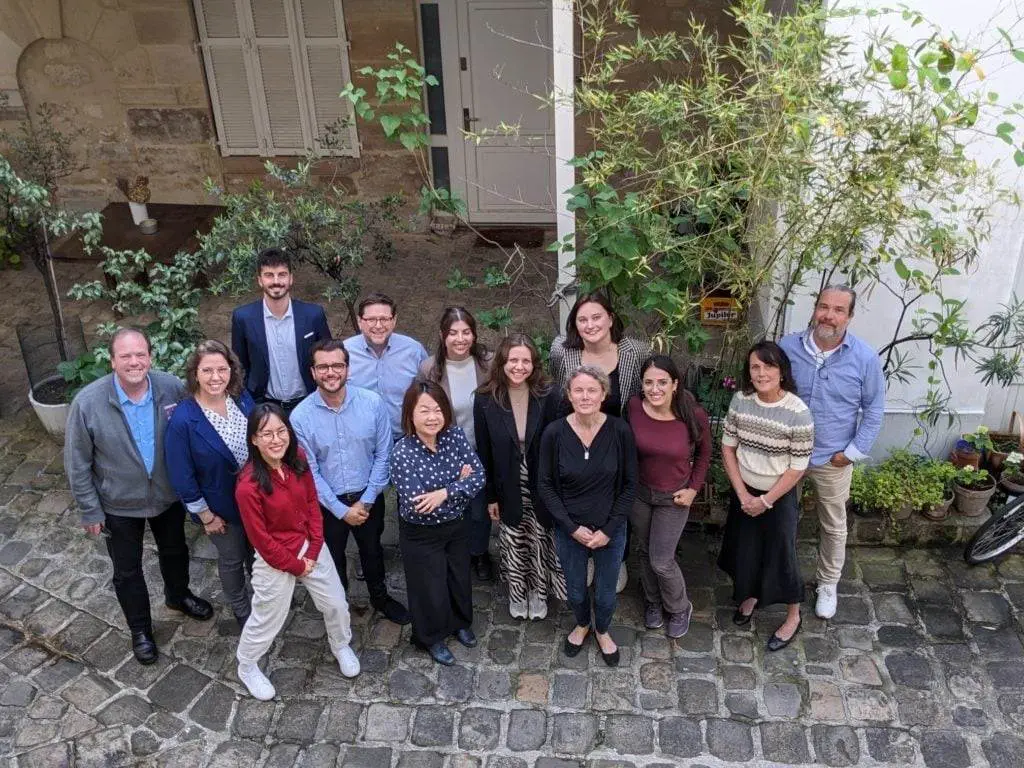
“Chefs have become increasingly involved in
Chefs As Agents of Change, FAO and UNESCO Collaboration on Food and Culture
the global movement to reduce food waste,
championing food waste reduction efforts in their
own restaurants, as well as empowering local
communities to fight food waste. In June 2018, the
World Association of Chefs Societies (World Chefs)
met in Kuala Lumpur, Malaysia to shed light on the
links between the culinary industry and food waste,
environmental degradation, and hunger.”
Worldchefs offers resources and education to empower culinary professionals worldwide to be food champions. Whether it be tuning in to Worldchefs’ webcast Sustainability Around the World or exploring Feed the Planet programs, everyone has the opportunity to take action.
One key initiative is Sustainability Education for Culinary Professionals, an open-source online curriculum available on Worldchefs Academy. This comprehensive course, consisting of eight lessons, equips chefs with the knowledge and tools to think and act sustainably. Topics range from sustainable sourcing and food waste reduction to energy efficiency and community engagement. By completing this course, chefs can become champions of sustainability, influencing their peers, patrons, and the broader community.
This October, Worldchefs’ global community will gather together in Singapore for the 2024 Worldchefs Congress. Join the discussion surrounding the biggest challenges and opportunities facing culinary professionals and help inspire trends that will shape the future of the hospitality industry.
Check out the Speakers to discover hospitality professionals paving the way toward a sustainable future. Meet industry leaders like Emile van der Staak, Head Chef of Restaurant De Nieuwe Winkel, and thousands of chefs from around the world with a shared commitment to making a difference.
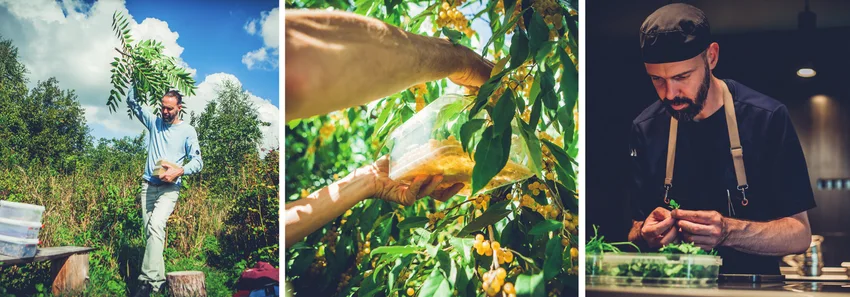
Register now to expand your network and gain skills for a more conscious kitchen.
Cover image: A plate from Restaurant De Nieuwe Winkel’s current menu: Awakening.






